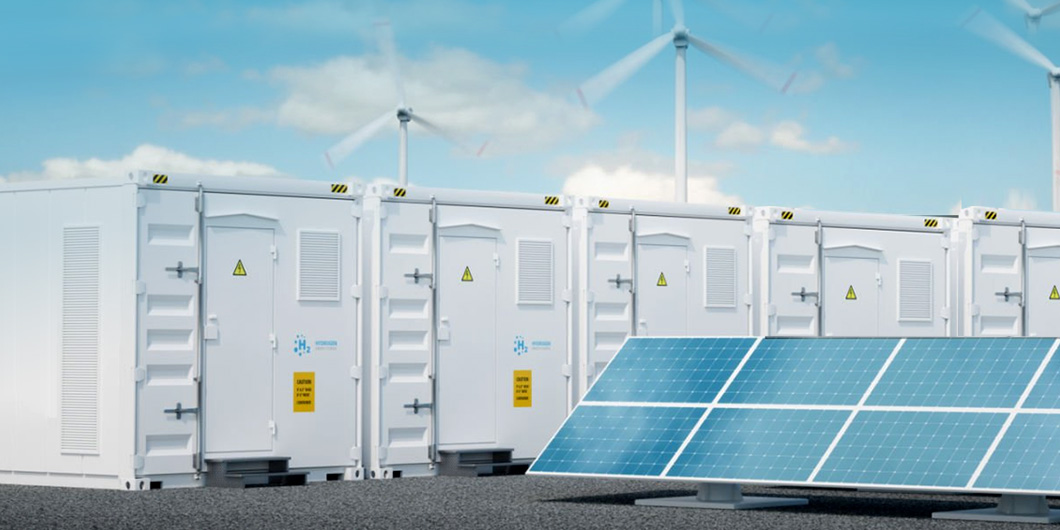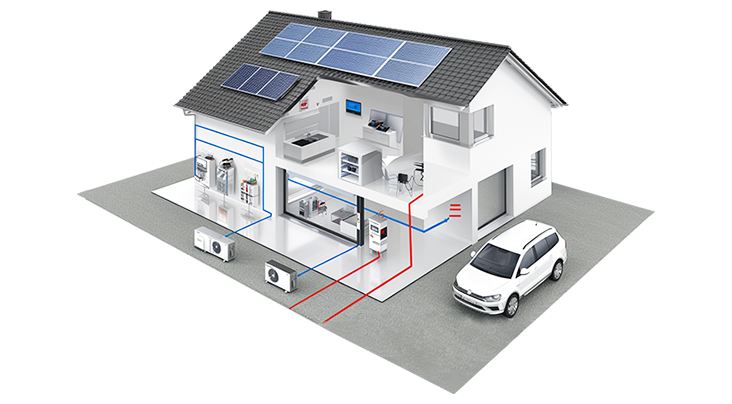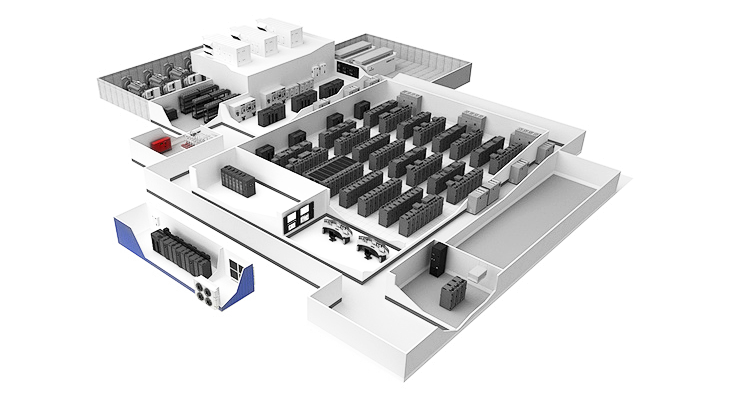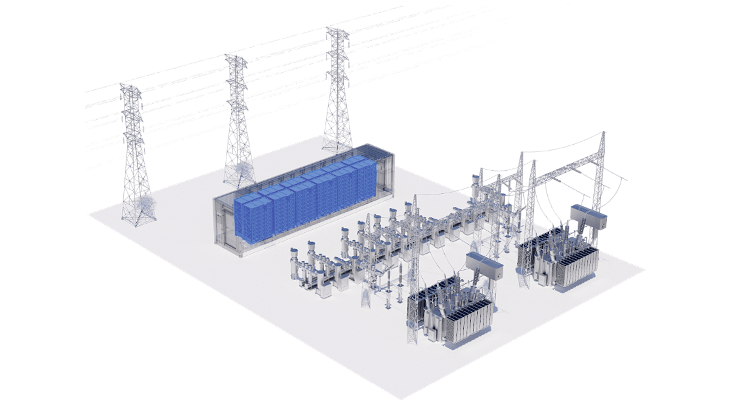-
Residential Energy Storage Solution
Ritar International Group provides safe, reliable, and stable smart energy storage solutions for the stable electricity demand of households. The system reduces electricity costs, improves energy utilization efficiency, ensures power supply, and helps create energy-saving and environmentally friendly smart homes through intelligent management and optimized energy storage.
-
Industrial and Commercial Energy Storage Solution
Ritar International Group industrial and commercial energy storage solution is specifically designed for high-energy-consuming enterprises, flexibly matching various industrial and commercial scenarios such as factories, industrial parks, charging stations, commercial buildings, data centers, etc. Through efficient energy storage technology, the peak-valley difference can be effectively reduced, the load curve can be smoothed, the problem of overload during peak electricity consumption can be solved, and the cost of electricity consumption can be reduced.
-
Data Center Solution
In order to achieve freedom and stability in power consumption for data centers, Ritar International Group has tailored a data center energy storage solution, which stabilizes the battery power grid through energy storage + backup power supply.
-
Rail Transit Solution
Ritar International Group launches emergency energy storage solution designed specifically for rail transit systems. Our system quickly provides stable power supply to trains and critical facilities in case of sudden power outage or grid failure, ensuring operational safety and continuity through efficient energy storage devices and intelligent battery management technology.
-
Telecom Base Station Solution
According to the long-term stable operation requirements of telecommunications base stations, Ritar International Group provides efficient energy storage solutions. By using high-security, high-efficiency, and long-life energy storage solutions for communication base stations, it is possible to achieve stable operation of the base stations during power outages or unstable power grid conditions. This helps telecommunication operators improve energy utilization efficiency, reduce operating costs, decrease carbon emissions, and ensure the reliability and continuity of communication services.


 CN
CN














 National hotline
National hotline

















 WeChat Video Account
WeChat Video Account
 粤公网安备 44030602007433号
粤公网安备 44030602007433号 